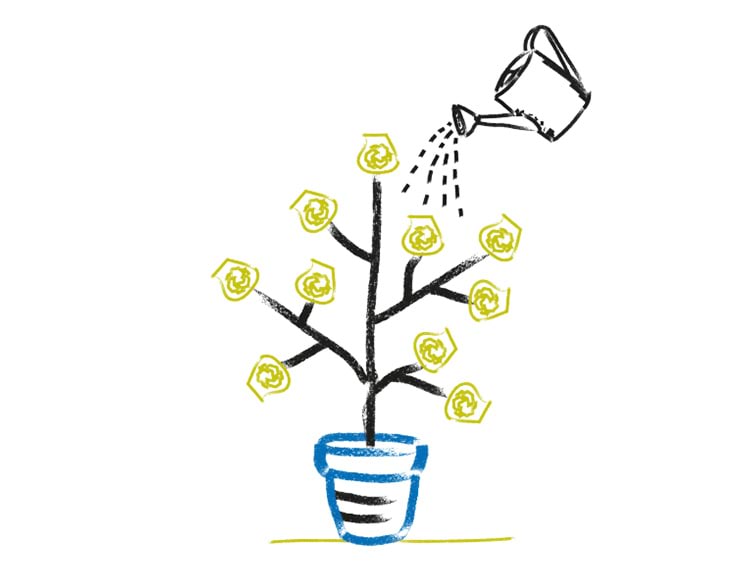With our responsible approach and decisions with real-world impact, we strive to develop environmentally friendly products, delivering safety and longevity. Our priority is protecting the environment and the health of the people using our products.
Our efforts are based on research, development and experience gained on major construction sites around the globe. Polyglass solutions are specifically designed to reduce energy consumption and VOC emissions, thus promoting sustainable, quality building.
Our aim is to foster a culture of sustainability within the building industry.
CO2 emissions measured across the life cycle of products from the Zero line for the year 2024 using the LCA method — verified and certified with EPDs — are offset with the purchase of certified carbon credits to support forest conservation projects. A commitment for the planet, people and biodiversity.

Our UNI EN ISO 9001: 2008, UNI EN ISO 14001: 2004, UNI EN ISO 45001:2018 certifications and product marking according to standards EN 13707, EN 13969 and EN 13956 attest to our commitment to the continuous improvement of performance in terms of pollution prevention and promoting workplace health and safety.
Environmental responsibility and sustainability criteria are an integral part of every stage of the production process. Our products can help earn credits for LEED certification of buildings.
Any residual CO2 emissions for products from the Polyglass CO2 Fully Offset in the Entire Life Cycle line are, as the name suggests, fully offset: a focus on quality that means both new constructions and renovations can be built to last, with due consideration for future generations, and the wellbeing of the planet and its inhabitants.

Polyglass offsets residual CO2 emissions generated by all the activities involved in making our products, through reforestation and biodiversity conservation projects.
The Sustainable Development goals on the United Nations General Assembly 2030 Agenda are part of a global process in which all countries involved are tasked with making their contribution to achieving sustainable environmental, social and economic development.
The Mapei Group shares, supports and promotes these goals and has defined a number of priorities: product sustainability; focus on employees and training; product quality and safety; community relations; customer-centric approach; innovation, research and development; sustainability of buildings and certifications.
The journey our Group has embarked on has led us to increasingly rewarding results: these results are reflected in the Sustainability Report, which describes the measures undertaken to achieve the goals.


Our products' CO2 emissions —expressed as kg CO2eq/kg of product — are quantified using the standardized LCA (Life Cycle Assessment) method.
A product's Life Cycle Assessment is an assessment of the environmental impacts of the product in question during every stage of its life, from cradle to grave: from extraction of the raw materials making up the formula, to their transportation to the manufacturing facility, to the production cycle, packaging, waste, and transportation of the finished product to the dealer, and end-of-life disposal.
The findings of the LCA are verified and certified independently by means of EPDs (Environmental Product Declarations).
The EPDs document the environmental effects of a product over its life cycle.

Once we have calculated the amount of CO2 — expressed as kg CO2eq/kg of product — we simply multiply it by the number of tonnes sold.
Why the initiative is reliable:
.jpg?sfvrsn=695b2288_0)

LEED v4.1 is a voluntary rating system intended to help with the design and construction of a building in line with environmental sustainability criteria. It is a building certification system developed by the U.S. Green Building Council and now widely adopted all over the world.
LEED v4.1 looks at a number of key areas, such as the construction site, water and energy savings, and the products used on site.
LEED v4.1 certifies the building, not the products.
However, our products can contribute within three sections of the system: